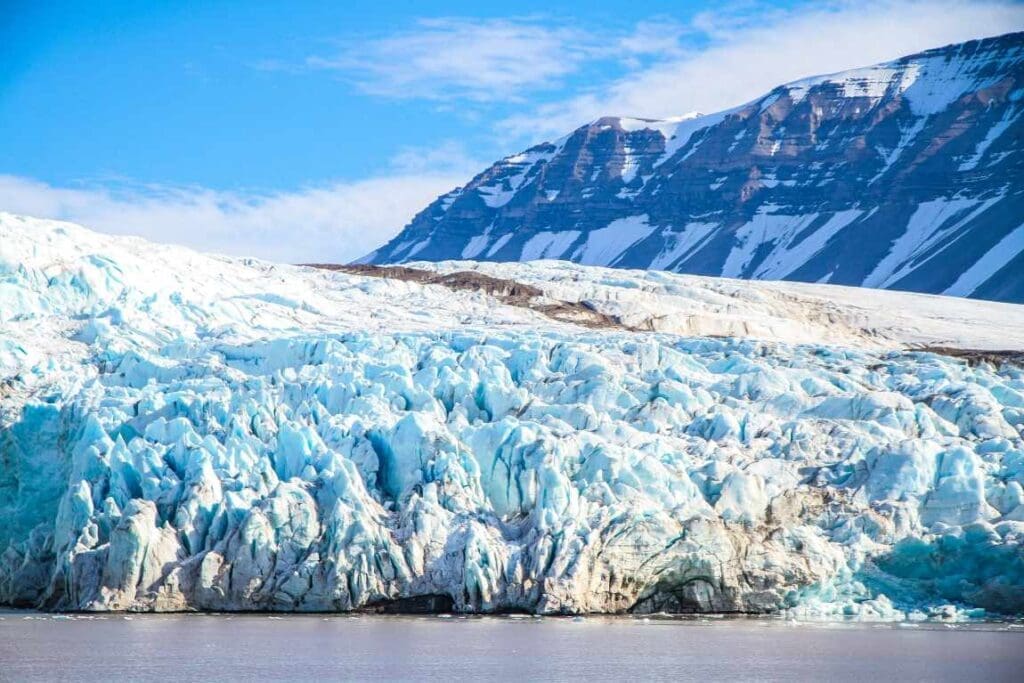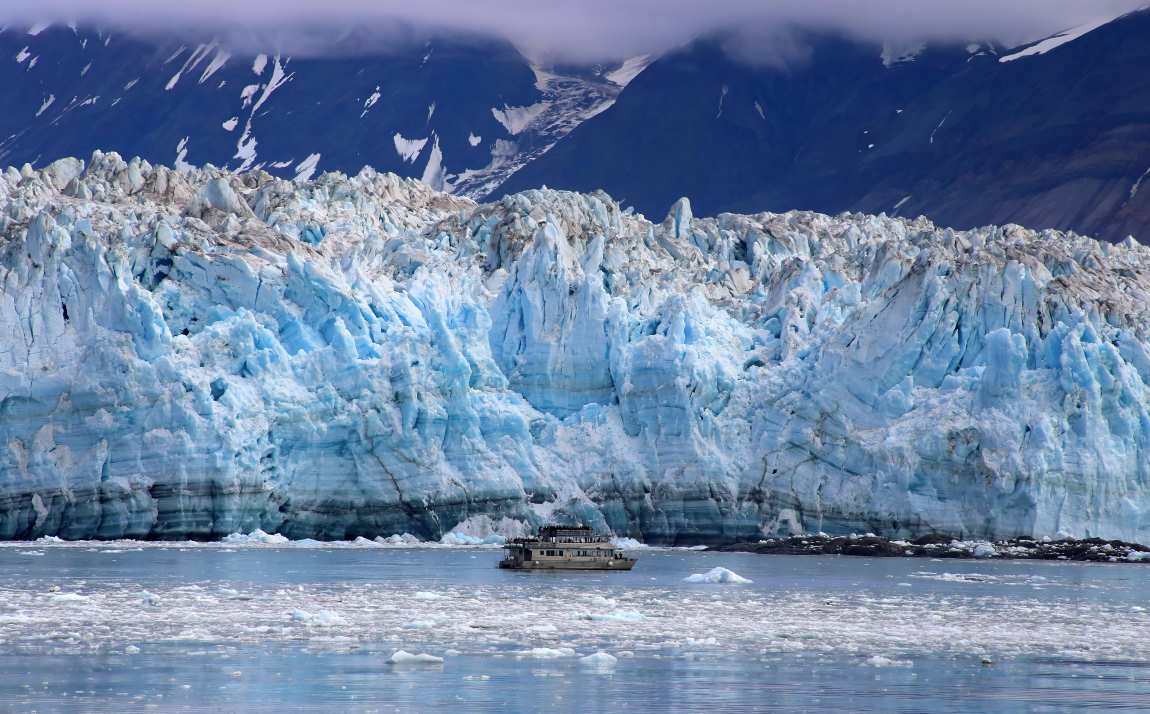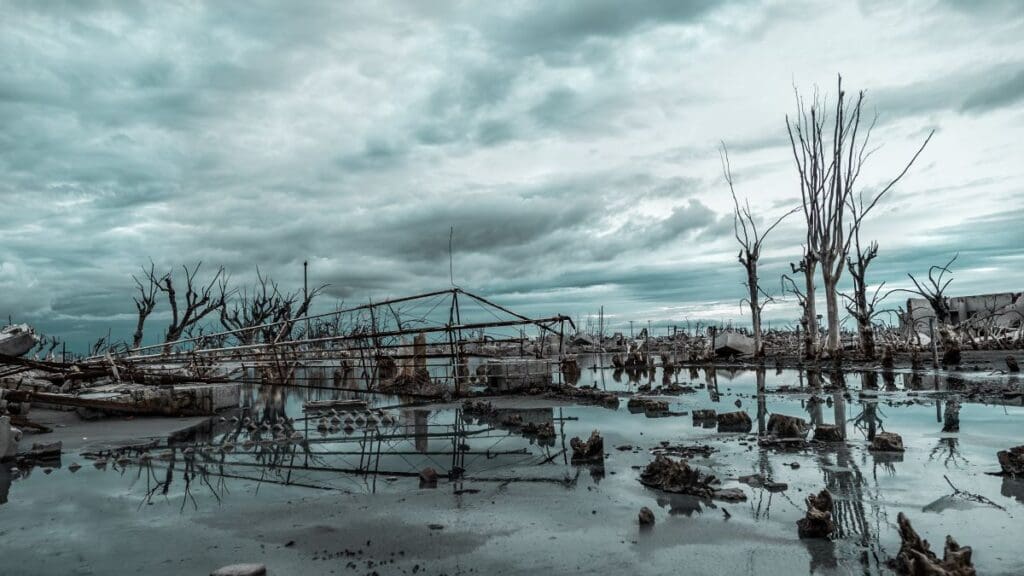Glacial ice stores 70% of Earth’s freshwater, underpinning the food and water security of billions of people. But ice is at the frontline of the climate crisis. Even with the most ambitious goal of limiting global warming to 1.5°C, analysis suggests that up to half of the world’s 200,000 glaciers will disappear by the end of this century.
In response to the UN declaration of 2025 as the International Year of Glaciers’ Preservation and UN Decade of Action for Cryospheric Research (2025–2034), an international team of glacier scientists has formed the Glacier Stewardship Program.
“The demise of glaciers and the impacts of the associated rise in sea level are not restricted to one country,” said team member Professor Jerome Neufeld, from the University of Cambridge. “A truly international effort is needed to figure out how we can safeguard these resources.”

Every molecule of greenhouse gas makes more melting ice, so reducing carbon emissions is critical to help save glaciers. However, the scientists say reducing emissions alone is not enough.
“It is likely that even under the most ambitious emissions reduction scenario we will see the loss of many crucial glaciers,” said Dr Shaun Fitzgerald, Director of the Centre for Climate Repair at Cambridge.
“We need to explore potential options which could help protect them while we get greenhouse gases down to sustainable levels.”
This alliance of scientists will address three priorities to help address the challenges and consequences of glacier loss.
First, in cooperation with communities and stakeholders, the Program will systematically evaluate, test, and develop new technical approaches which may be appropriate to help slow ice loss at the local scale.
Second, it will seek to mitigate the impacts of glacier loss on the hundreds of millions who live in the shadow of mountain lands. The Program will transform the state of the art in early-warning systems to protect communities from glacier-linked hazards in some of Earth’s most perilous mountain ranges.
Finally, the Program will establish a unique biobank – a microbial zoo – to save glacier biodiversity for future generations and harness its genetic potential for mitigating consequences of climate change. As Earth’s largest freshwater ecosystems, glaciers harbour unique biodiversity, and are home to tens of thousands of microbial species.
The Glacier Stewardship Program is supported by scientists from Austria, Czech Republic, China, Denmark, Finland, France, Germany, India, Italy, Norway, United Kingdom, Slovenia, and Switzerland.
Article Source:
Press Release/Material by Cambridge Centre for Climate Repair
Featured image credit: Simon Hurry | Pexels




